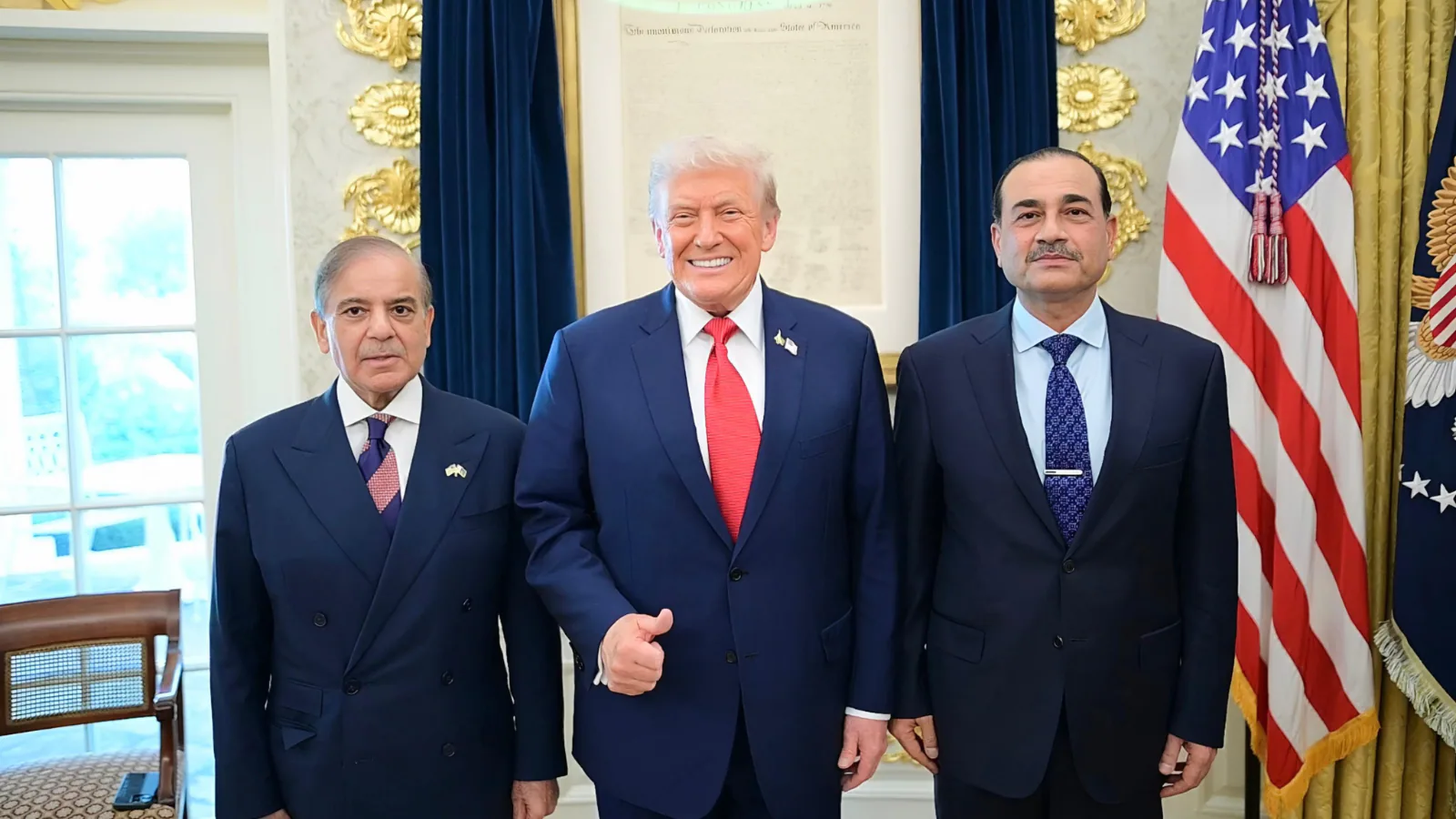Copyright trinidadexpress

There seems to be great fear that the United States warship is in Trinidad and Tobago. However, a late US president, in his inaugural address in 1933, said “the only thing preventing progress and causing harm is fear itself, not the actual problems we face”. The US is allegedly the world’s number one superpower, so whether T&T sides with the US or not, though unjustified, “might is right”. Which Caribbean country can withstand the might of the US, regardless of having an alleged “Zone of Peace”? Trinidad and Tobago is strategically positioned, and any war with Venezuela will affect it. Even though T&T has a Defence Force and a Ministry of National Security, this is more akin to the “mouse that roared” than to its ability to wage any type of war against Venezuela, and must therefore rely on partnerships to even consider being effective. Have the Caribbean countries contemplated this? Of what value, then, is declaring a “Zone of Peace” or neutrality? Unfortunately, if one is “not for the US” then one is considered “against the US”, and therefore there is no being neutral if the US decides to wage war against Venezuela. T&T will simply be considered “collateral damage”. Alleged allies of Venezuela have suddenly “found their voices” because of the tensions between Venezuela and the US, but seemingly “lost their voices” when Venezuela escalated its decades-old claims of Guyana’s Essequibo territory, which is about two-thirds of Guyana’s land mass! So, it is very hypocritical for any entity to raise the issue of sovereignty and security of any nation regarding the United Nations charter when it seems very convenient to so do. Whilst the reason being given by the US for its warships being in the Caribbean is the war on drugs, this may be only partly true as drugs, trafficked people, and arms and ammunition have, for decades, been moving from Venezuela through T&T on their way to the US. The US does not have any pressing need for Venezuela’s oil and gas, so the real reason may be to overthrow the Venezuelan President within three years because this is the seeming timeframe for the existing US President to be in office. This may be why the bounty on the President of Venezuela has been raised to US$50 million. Regardless, as the African proverb says, “when elephants fight, the grass gets trampled”—implying that not only residents of these countries will suffer, but those who “remain neutral” may also be killed in the conflict, so remaining neutral is quite farcical. The Prime Minis-ter has primarily focused on security considerations to protect T&T’s interest as it is close to Venezuela. This aspect of diplomacy, akin to defence diplomacy—as it depends upon armed forces and the associated infrastructure to support both foreign and security policy objectives—is what the T&T Prime Minister seems to be pursuing by siding with the US, which is its major trading partner. Despite the utterances of the Venezuelan ministers and President, T&Ts PM and Foreign Affairs Minister maintain that cordial relationships exist between T&T and Venezuela. T&T has not shut any doors to communication and negotiation as diplomacy tools with Venezuela, but it needs to protect its citizens as well as maintain good relations with its primary trading partner. Venezuela and other countries seemingly abhor this idea, giving rise to tensions between T&T and Venezuela. Rather than talk “zone of peace” or neutrality, the Caribbean countries, especially Caricom, should seek to understand the “tension” between the US and Venezuela and T&T’s role. The primary focus of the Caricom countries should be supporting and not decrying T&T for siding with the US. It is therefore highly recommended that communication be pursued very vigorous-ly, simultaneously with Venezuela, the US and T&T, so that there is clarity of the supposed impending collision course that Venezuela and the US are seemingly embarking upon, and to understand why T&T is supposedly behaving as it is. Trinidad and Tobago, as well as Caribbean countries, unfortunately, have not deemed it necessary to protect their borders, especially from drugs, human trafficking and arms and ammunition, thereby providing a very convenient excuse for the US to send warships to the area under the pretext of combating this crime surge. Consequently, it is valueless to be frightened because whether or not Trinidad and Tobago sides with the US, and Caribbean countries wish to remain neutral, there will be negative fallout if war is waged between the US and Venezuela. The T&T Prime Minister is displaying gutsy leadership. Will the Caribbean leaders so do?



